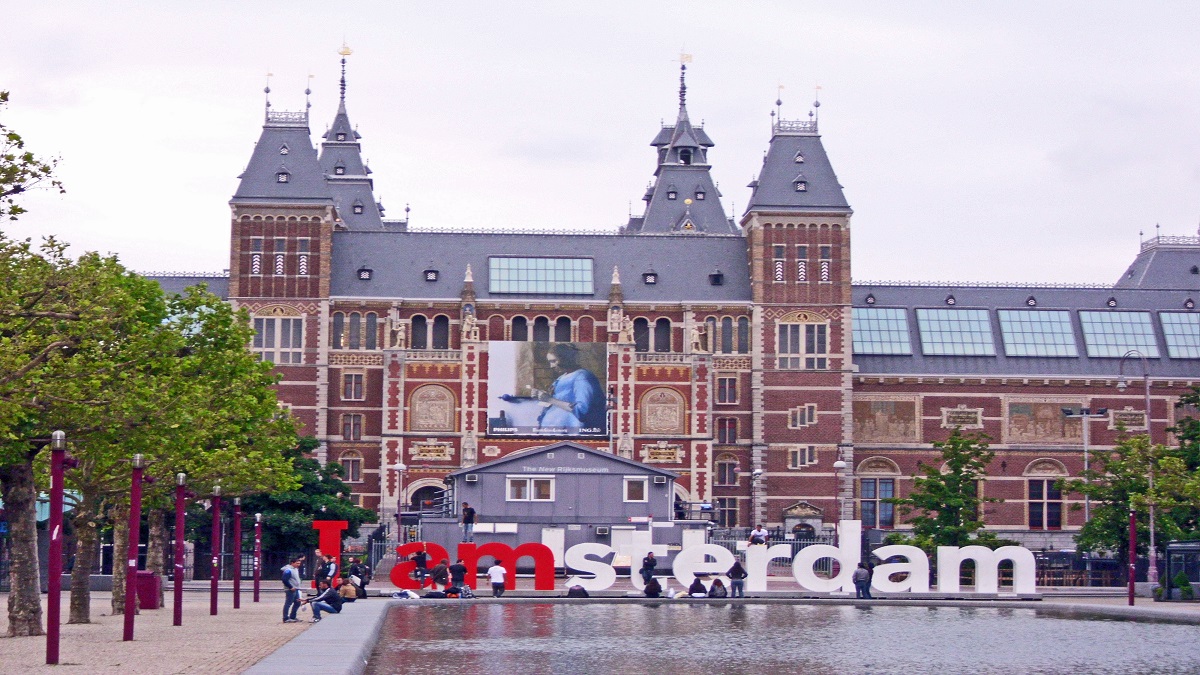
Postdoctoral Researcher in Systems Neuroscience to conduct research activities within the context of an adversarial collaboration
The Cognitive and Systems Neuroscience (CSN) group is looking for a highly qualified and motivated Postdoctoral researcher to conduct research activities within the context of an adversarial collaboration to test the key hypotheses of several theories of consciousness. Current research of the group focuses on neural mechanisms of perception, multisensory integration, interactions between sensory and memory systems, and conscious representation. These topics are addressed using a variety of methods, such as ensemble recordings in task-performing subjects, optogenetics, computational modelling and advanced analysis of neural data.
What are you going to do
You will join an international consortium led by the CSN group, that aims to test contrasting hypotheses of the Integrated Information Theory of consciousness, Neurorepresentationalism and Active Inference Theory. The consortium includes experts in the consciousness theories under investigation (Cyriel Pennartz, Karl Friston and Giulio Tononi), as well as experimentalists for system neuroscience (Umberto Olcese and Rafael Yuste) and Lars Muckli, Melanie Boly and Jakob Hohwy – among others – for human experiments. Experiments are based on an integrated approach including behavioral assays, multi-area electrophysiology and imaging, optogenetics based on structured illumination and data analysis.
You are expected to
• perform a challenging experiment integrating multi-area electrophysiology (with Neuropixels probes), functional imaging
(2-photon and widefield calcium imaging) and optogenetics (via the use of structured illumination) in mice trained
to perform a sensory discrimination task;
• collaborate with international and local researchers participating in the consortium.
What do we require?
• a PhD degree, preferably in systems neuroscience or a related field;
• significant experience in in vivo electrophysiology (silicon probes or similar technology), functional imaging
(preferably 2-photon and/or widefield calcium imaging) and optogenetics;
• experience in animal training and behaviour;
• experience in the development and use of optical technologies for structured illumination;
• experience in computer programming, neural data analytics and/or computational neuroscience;
• possession of a FELASA B (article 9) license for animal experiments;
• fluency in English, both written and spoken.
Our offer
We offer you a temporary employment contract for 38 hours a week, for the duration of 12 months preferably starting on 1 June 2022. An extension of 24 months is possible upon a good evaluation.
Your salary, depending on your relevant work experience on commencement of the employment contract, ranges between €2,846 to €4,490 gross per month on the basis of a full working week of 38 hours. This sum does not include the 8% holiday allowance and the 8.3% year-end allowance. A favorable tax agreement, the 30% ruling, may apply to non-Dutch applicants. The Collective Labour Agreement for Dutch Universities (CAO NU) is applicable.
Are you curious about our extensive package of secondary employment benefits like our excellent opportunities for study and development? More information can be found here.
About us
The University of Amsterdam is the largest university in the Netherlands, with the broadest spectrum of degree programmes. It is an intellectual hub with 39,000 students, 6,000 employees and 3,000 doctoral students who are all committed to a culture of inquiring minds and scientific excellence.
The Faculty of Science has a student body of around 7,000, as well as 1,600 members of staff working in education, research or support services. Researchers and students at the Faculty of Science are fascinated by every aspect of how the world works, be it elementary particles, the birth of the universe or the functioning of the brain.
The Swammerdam Institute for Life Sciences (SILS) is one of the Faculty of Science’s largest institutes. Its approximately 240 scientists and staff members work in 16 research groups that perform excellent research centered on four themes: Neurosciences, Cell & Systems Biology, Microbiology and Green Life Sciences. Do you want to know more about our organization? Read more about working at the University of Amsterdam.
Contact
Do you have questions about this vacancy? Or do you want to know more about our organization?
Please contact:
- Dr. Umberto Olcese
- + 31 (0)20 525 7968
- Prof. Dr. Cyriel Pennartz
- + 31 (0)20 525 7618
Job application
Do you recognize yourself in the job profile? Then we look forward to receiving your application by 24 April 2022.
We aim to invite potential candidates for interviews in the first half of May 2022.
Applications should include:
• a cover letter with your motivation to apply for this position;
• a CV, including a list of publications;
• contact information for at least two academic referees.
Please mention the months (not just years) in your cv when referring to your education and work experience.
The UvA is an equal-opportunity employer. We prioritise diversity and are committed to creating an inclusive environment for everyone. We value a spirit of enquiry and perseverance, provide the space to keep asking questions, and promote a culture of curiosity and creativity.
No agencies please





